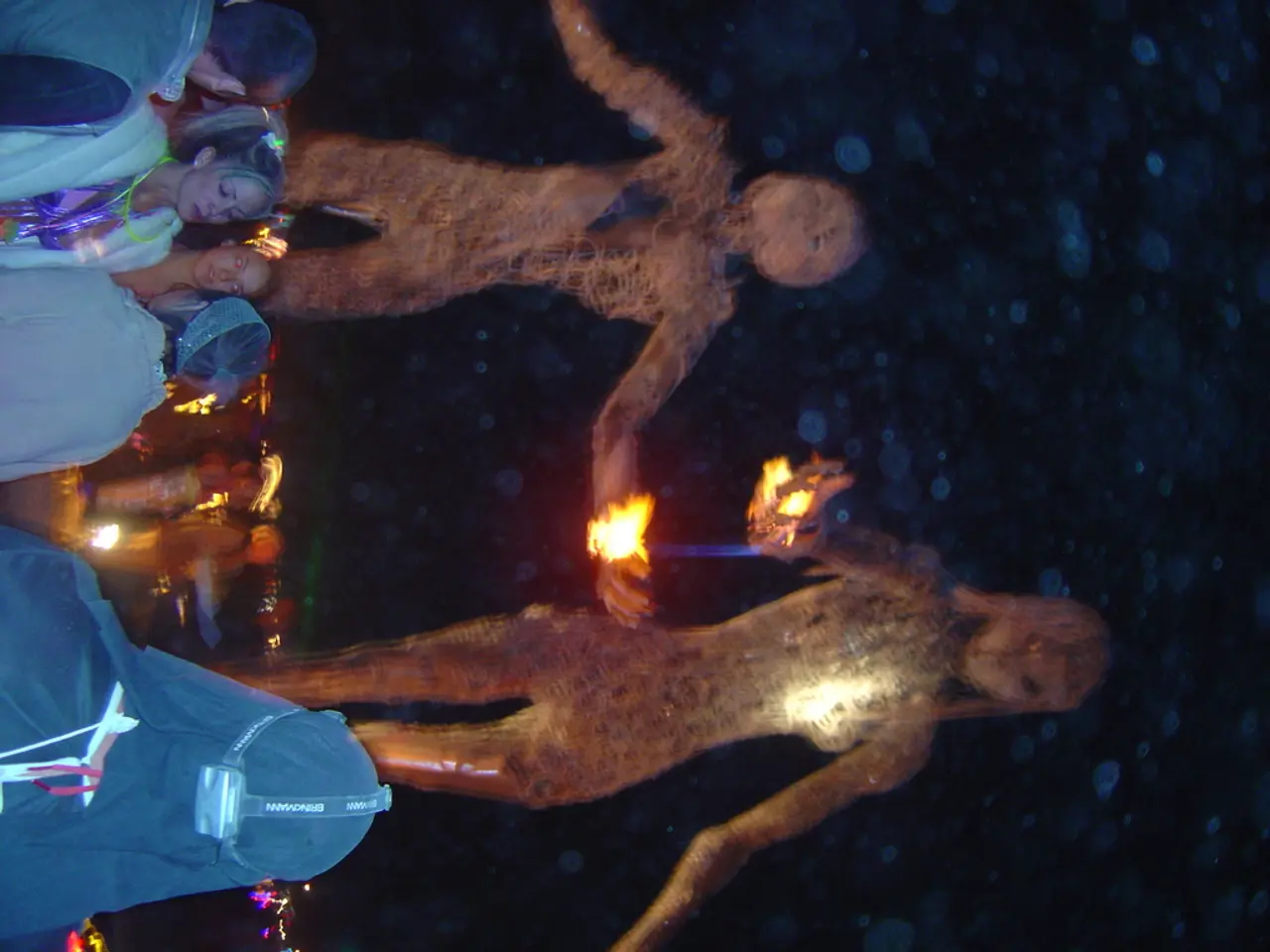Burn Institute Director Announces 13 Individuals Transferred to Cabins, Blood and Skin Donations Not Required
In the aftermath of the devastating Milestone School tragedy, where a Bangladeshi Air Force fighter jet crashed into the school on July 27, 2025, the nation continues to grapple with the consequences. The incident has left at least 31 people dead, including many children, and approximately 170 injured, most with severe burn wounds.
Current Condition of the Injured
The injured are receiving intensive care, with many suffering from extensive burns. Recovery is ongoing, but the severity of injuries has made the process complicated. The emotional and psychological trauma among surviving students and families is profound, with calls for additional psychosocial support alongside physical treatment.
Discharge Timeline and Recovery Progress
No specific timelines have been publicly released for the discharge of injured individuals. Given the nature of burn injuries, which often require prolonged hospitalization and staged recovery, it's expected that some patients may need weeks to months in the hospital.
Recovery is multifaceted, involving medical healing, rehabilitation, and mental health care. Authorities and organizations are emphasizing the urgency for strengthened emergency response and psychosocial support to aid recovery and prevent future tragedies.
Investigation and Future Safety Measures
An ongoing investigation into the cause of the crash has attributed it to a “technical malfunction.” This finding may influence future safety protocols and emergency response preparedness at schools.
Update on the Victims
The names of the 31 deceased individuals have been confirmed. Unfortunately, seven bodies from the tragedy remain unidentified. In addition, two other victims, Mahia (15) and Mahtab Rahman Bhuiyan, passed away while undergoing treatment, bringing the death toll to 31.
Dr. Mohammad Nasir Uddin, director of the National Institute of Burn and Plastic Surgery, has shared updates on the injured. Thirteen injured individuals from the Milestone School tragedy have been moved to cabins, and the skin bank has enough skin available, so no skin donations are being accepted at this time. Furthermore, none of the patients currently require blood transfusions.
Despite the grim circumstances, Dr. Nasir Uddin remains hopeful about the recovery of the critical patients. The government is covering all treatment expenses for the injured individuals, and, as of now, no financial help is needed.
As the nation mourns and works towards recovery, it's crucial to remember the victims and support the survivors in every possible way. The focus is not only on immediate medical treatment but also on long-term recovery support for children and their families.
- The science behind burn injuries requires intense research to better understand recovery processes.
- The emotional and psychological impact of medical-conditions like the Milestone School tragedy requires careful attention in health-and-wellness studies.
- Chronic diseases, such as burn injuries, highlight the need for ongoing industry support in the development of life-saving treatments.
- Cancer patients often face similar challenges as those with burn injuries, as they too require comprehensive care.
- Respiratory conditions, like those that may have arisen from inhaling smoke during the crash, must be addressed with appropriate medications and treatment.
- The importance of maintaining digestive health during hospitalization is another factor to consider in the care of the injured.
- Eye-health concerns, such as those resulting from the dust and debris caused by the accident, will require attention from ophthalmologists in the recovery process.
- Hearing loss can also be a consequence of such events, making audiology an essential part of the care provided to the survivors.
- Fitness-and-exercise and physical therapy will play a crucial role in rehabilitating the injury victims.
- Autoimmune disorders necessitate careful monitoring in the context of stressful events like the Milestone School tragedy.
- Climate change is a pressing environmental-science concern with the potential to impact health outcomes by increasing the risk of natural disasters that cause similar tragedies.
- Mental-health services should be readily available for affected individuals, as they play a vital role in healing and recovery.
- Cardiovascular health needs to be taken into consideration during the recovery process, as stress and trauma can have negative effects on the heart.
- Financial and wealth-management support may be necessary for families of the victims and survivors in the aftermath of an event like the Milestone School tragedy.
- Skin-conditions resulting from burn injuries require specialized care and treatment.
- Space-and-astronomy offers insight into the universe and can provide a much-needed distraction and source of inspiration for accident survivors.
- Cybersecurity is a concern in our increasingly digital world, as sensitive medical information must be protected.
- A focus on individual lifestyle choices can contribute to overall health and wellness, reducing the risk of preventable medical-conditions.
- Fashion-and-beauty trends should prioritize comfort, adaptability, and practicality for individuals dealing with physical challenges.
- Food-and-drink choices can affect health recovery, particularly in the context of nutritional needs for burn victims.
- Investing in businesses that prioritize health, wellness, and safety can lead to positive societal changes.
- Wealth-management strategies can help individuals plan for long-term care needs due to chronic diseases and disabilities.
- Home-and-garden improvements can enhance the living environment for individuals with mobility challenges, promoting safety and comfort.
- Businesses should prioritize employee health and wellness, including offering mental-health support during times of crisis.
- Personal-finance education can help families prepare for unexpected medical expenses and long-term care needs.
- Gadgets can provide assistive technology solutions for individuals living with chronic illnesses or disabilities.
- Data-and-cloud-computing techniques can facilitate efficient collaboration and decision-making among medical professionals during emergencies, potentially saving lives in future tragedies.




